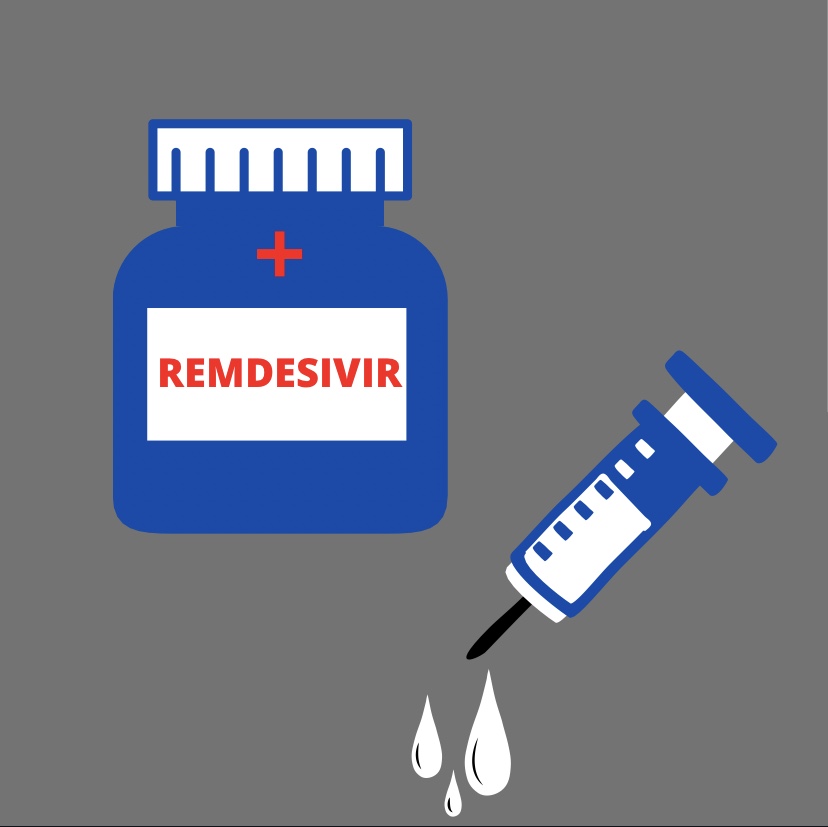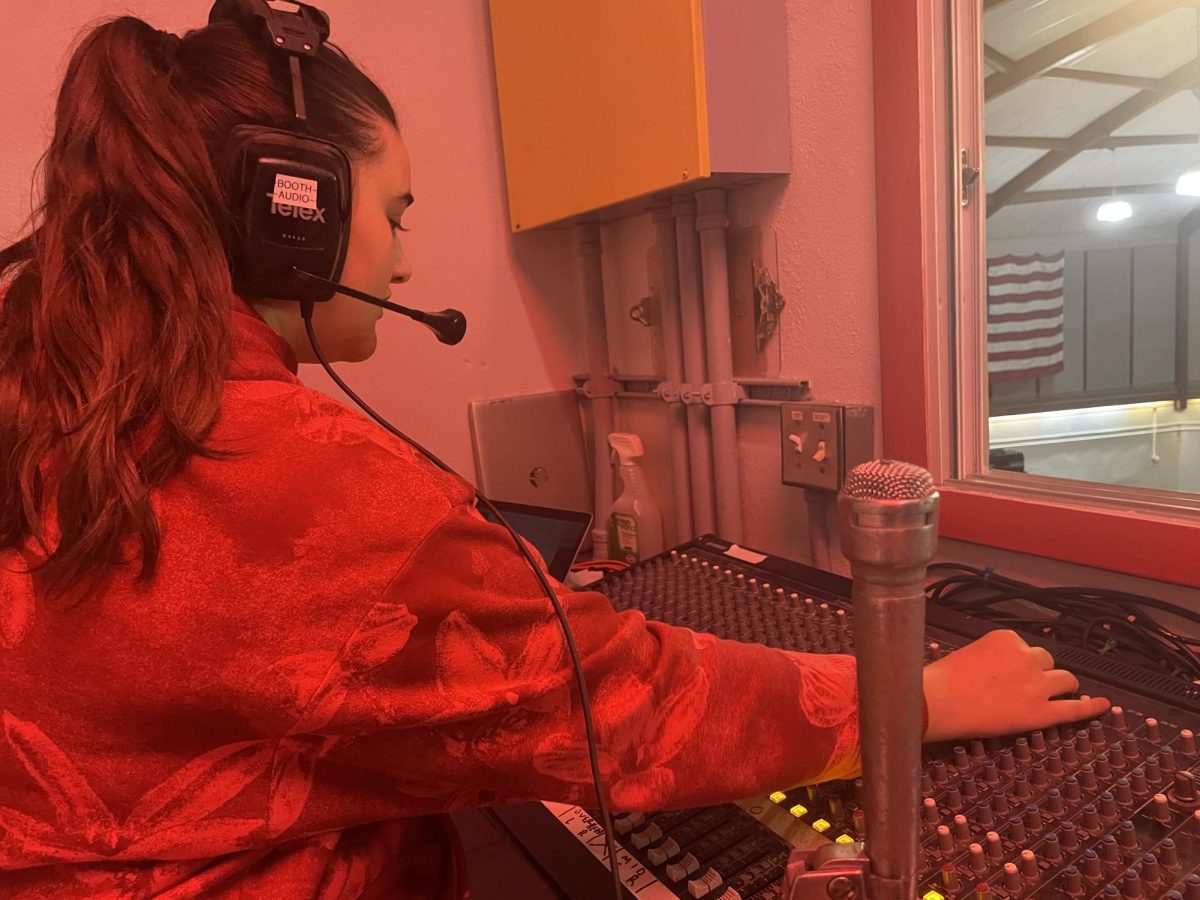Remdesivir: What Will It Mean For COVID-19?
The drug Remdesivir may represent a breakthrough in treading patients with COVID-19, but its long-term effects remain undocumented.
Oct 24, 2020
A medication that could possibly help end the pandemic seems intriguing, but does such a thing even exist? Remdesivir, an antiviral medication, may be the answer that scientists are looking for.
Sold under the name VekluryⓇ, Remdesivir is a medication currently being studied to see if it has any effect on symptoms and conditions caused by coronaviruses. The medication has been used before to treat other illnesses and has resurfaced in 2020 due to the widespread virus that is attacking people across the globe.
With both pros and cons, researchers are still unsure on whether the medicine is actually effective, or just a failed experiment. Surprisingly, this case may be a little bit of both.
Remdesivir is produced by drugmaker Gilead Sciences Inc., an American biopharmaceutical company that specializes in developing research-based commercialized medications. The medication has been used in previous years to treat illnesses such as Ebola, Marburg, Middle East Respiratory Syndrome and Severe Acute Respiratory Syndrome and has been shown to work against SARS-CoV-2, the virus that causes COVID-19.
Remdesivir is an intravenous drug that basically prevents the virus from replicating in the body, which in turn prevents any spread. While it was not regulated at first, the Food and Drug Administration has recently granted emergency use authorization for the drug on patients with COVID-19.
This decision was made due to the positive data that resulted from the National Institute of Allergy and Infectious Diseases’ Phase 3 trial with COVID-19 patients. A phase three clinical trial involves up to three thousand patients who have the condition that the new medication is meant to treat. This phase tests the safety and effectiveness of the medicine and can usually take multiple years, which means that long term side effects may begin to appear.
“I wish the medication was more mainstream… Remdesivir could be the answer that scientists are looking for. If we want to end this pandemic, it is vital for researchers to do everything they can in regard to this medication to make sure that if there is a solution to lower the number of deaths, it is used,” sophomore Nicole Gufford said.
The medication is currently administered to hospitalized patients that show COVID-19 symptoms but due to its limited supply and high demand, it is prioritized for patients who require supplemental oxygen but do not require oxygen delivery through a high-flow device such as a ventilator. The treatment is given intravenously for over 30 minutes to 120 minutes.
For patients that are on a ventilator or are using a mechanical assisted oxygen supply machine, it is recommended that they receive a 10-day treatment of the medicine. For those who have less severe conditions, a five day period is recommended.
Recent studies such as Gilead’s Phase 3 trial on patients with moderate cases of COVID-19 have come back with positive news. The study showed that patients in the five-day Remdesivir treatment group were 65% more likely to show clinical improvement than those who received standard care.
While studies have shown that this medication does work in treating COVID-19, there are side effects that play a large role in why Remdesivir is not an authorized drug. The medication has been shown to cause hypersensitivity reactions, such as an anaphylactic reaction after the patient has been administered the drug.
Some patients have also suffered abnormal liver function tests and decreased kidney function. Remdesivir has caused increased levels of liver enzymes which is a sign of inflammation and damage to cells inside the liver. Not all the risks are known yet since the medicine is still undergoing extensive research and investigation.
“Although we do not know much about the adverse effects Remdesivir can have, this is an option that should be available to people who are currently in a life or death scenario considering there, unfortunately, is not much else we can do for them at the moment and Remdesivir has been fairly successful in stopping SARS-CoV-2 replication,” sophomore Diego Gomez said.
It may be too soon to tell whether Remdesivir is the answer the world is looking for. While countries such as Japan have allowed the use of the medicine and the European Commission has granted marketing authorization for Remdesivir as a drug that can treat COVID-19, the United States has not yet reached the specific level of research they would like to have before Remdesivir is certified.
The medication is still being studied and some data can only be acquired through multiple years of testing and researching. There are limits to what a pandemic centered world can deduct from the research that has been conducted. However, the only thing the world can be sure of during COVID-19 is that only time will tell how this issue will be resolved.












